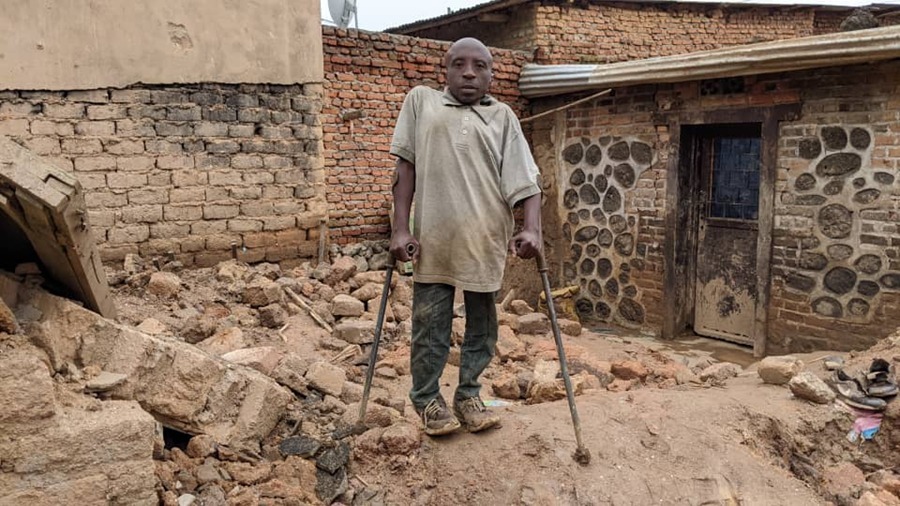
News
‘I Am Left With Nothing’
Play audio version
Rwandans with Disabilities are Disproportionately Impacted by Flooding From Climate Change
January 7, 2024
RUBAVU DISTRICT, Rwanda – As climate change continues to intensify, studies project an increase in the frequency of floods and other extreme weather events. These disasters often disproportionately harm persons with disabilities, and the impacts have already begun to be felt in Rwanda.
Heavy rain in early May 2023 caused floods and landslides across the country, destroying both the homes and livelihoods of many persons with disabilities. As Rwandans with disabilities are underrepresented in the national workforce, less likely to be formally employed, and more often reliant on subsistence farming, they are particularly vulnerable to disasters and other impacts of climate change. Disasters that destroy crops and home businesses diminish the economic independence of persons with disabilities, and without strong financial and social support, persons with disabilities can be particularly susceptible to prolonged displacement and economic instability.
Additionally, reports show that persons with disabilities are often unaccounted for in emergency response plans, and evacuation shelters can be inaccessible and lack the resources to meet individual needs.
The flooding in Rwanda – which occurred May 2 and 3 across the Western, Northern, and Southern provinces – left 132 people dead and 110 injured and forced over 20,000 to evacuate their homes, according to an estimate by the Rwandan Ministry in charge of Emergency Management. The floodwater also did significant harm to property and crops, destroying over 5,000 houses and damaging critical infrastructure across the country.
Thacien Nzigiyimana, a carpenter with multiple disabilities who uses a cane, says that it was not his first time surviving a disaster, but the heavy rain put him in significant danger.
“The rain started as usual and [I] went to sleep normally, but it took so long and increased heavily. [A] few hours later, water started to destroy my house and by chance, I went out immediately,” he says.
Nzigiyimana says that his carpentry tools were also lost and destroyed in the flood, leaving him without a home or a job.
“As a person with multiple disabilities who has no family to help me, who is jobless and camping, I live in meaningless life. I just wait for a person who are like good Samaritan to help me,” says Nzigiyimana. “Sincerely speaking, I [am] left with nothing.”
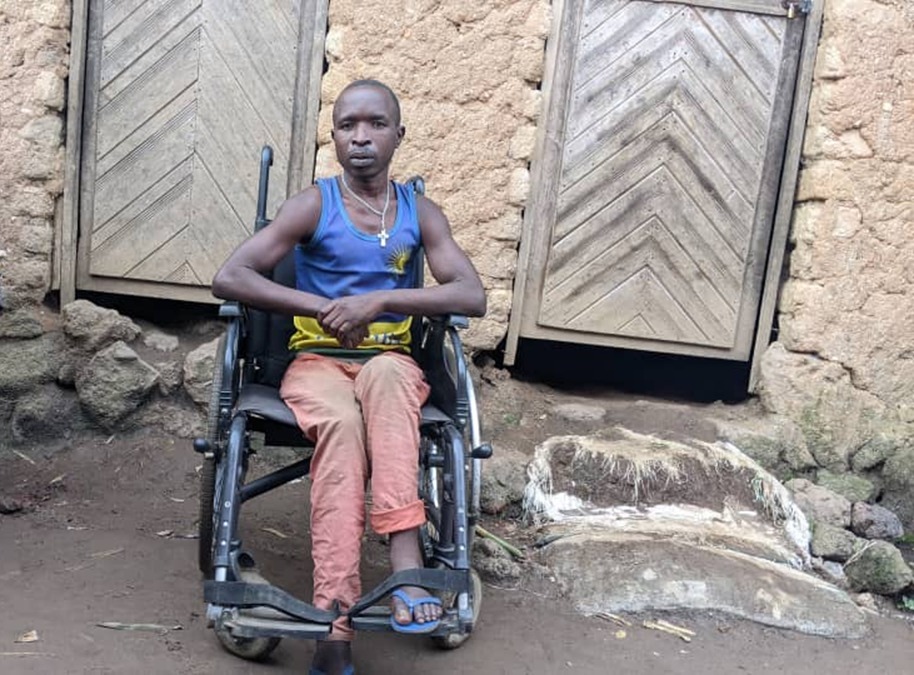
Theophile Nsengimana is a person with physical disabilities who uses a wheelchair. He says that the night of heavy rainfall and flooding was the worst he has experienced.
“No one can imagine the way I survived as a wheelchair user whose back is paralyzed for so long while some people without disabilities died that moment,” he says.
The young man who typically lives with Nsengimana to assist him was sick and staying at a different house at the time of the flooding, leaving Nsengimana alone that night. When he noticed water filling up the house, he was able to push himself outside, where one of his neighbors helped him move to safety.
Everyone affected by the flooding throughout Rwanda has since been evacuated from high-risk flooding zones, says Pacifique Ishimwe, vice mayor of Rubavu District in the Western Province of Rwanda, which was heavily impacted by the flooding. Some of the evacuated people are in temporary accommodations while others are renting as arrangements for permanent assistance are being made.
“Related to persons with disabilities, we are helping them in general, but if there is any special case, we are giving that special help. For example, there are people who need wheelchairs or white canes, we are trying to find them,” says Ishimwe. “In addition, we are giving them basic materials and we have clinics in the camp for health issues.”
According to Ishimwe, there are plans to build houses for people who were forced to evacuate. These new houses will be constructed outside of the high-risk flood zones.
“Generally, we are trying to help everyone regarding to their needs and we will continue to help those whom we used to support even before the disasters due to having disabilities,” she adds.
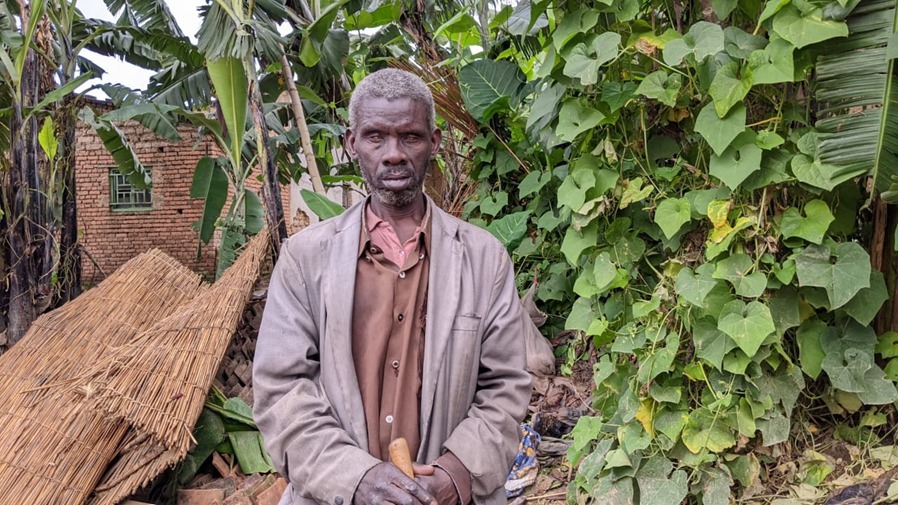
Bigirwanabagabo Kabagwera, who is blind, says he evacuated his home in 1994 to escape the genocide against the Tutsi ethnic group in Rwanda. Nearly 30 years later, he was forced to flee again after his house was flooded by the heavy rain.
“The rain of May 2-3 was the worst time to us and made things so tough,” he says. “I wish I find someone who may help me to find where to live and what to eat. I need home materials as [a] man but [I am] jobless.”
Francine Uwayisaba is a contributing writer with the Disability Justice Project and a field officer at Rwanda Union of Little People (RULP). At RULP, she is in charge of the organization’s communications. She writes grants, manages RULP’s social media, and composes articles and weekly updates for the website. @2023 DJP. All rights reserved.
News From the Global Frontlines of Disability Justice
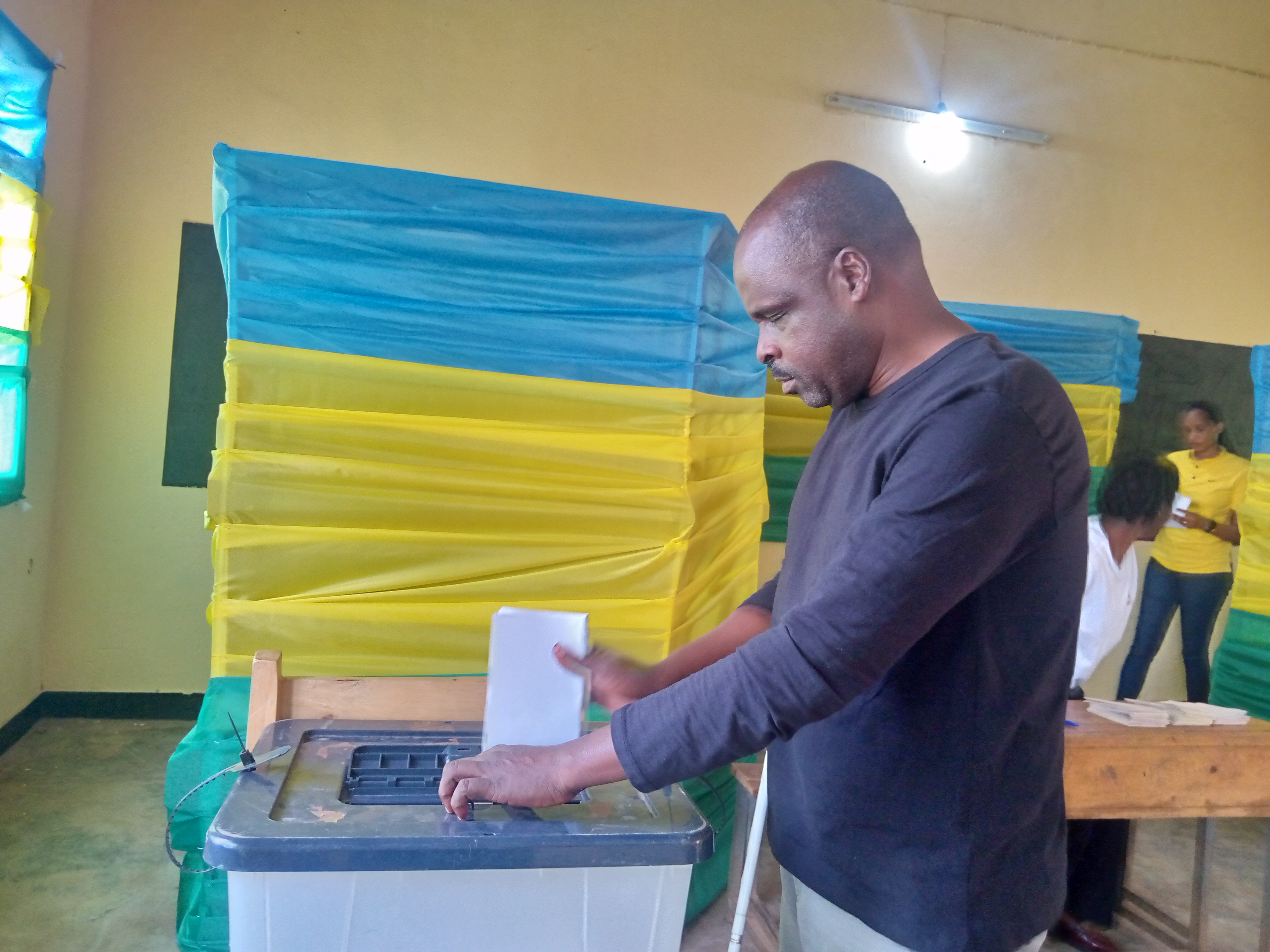
Advancing Democracy
Rwanda has made significant progress in making its elections more accessible, highlighted by the July 15 general elections where notable accommodations were provided. This was a major step forward in disabled Rwandans’ quest for equal rights and participation. “You cannot imagine how happy I am, for I have voted by myself and privately as others do accessibly,” says Jean Marie Vianney Mukeshimana, who used a Braille voting slate for the first time. “Voting is a deeply emotional and meaningful experience for a person with any disability in Rwanda, reflecting a blend of pride, empowerment, and hope.”
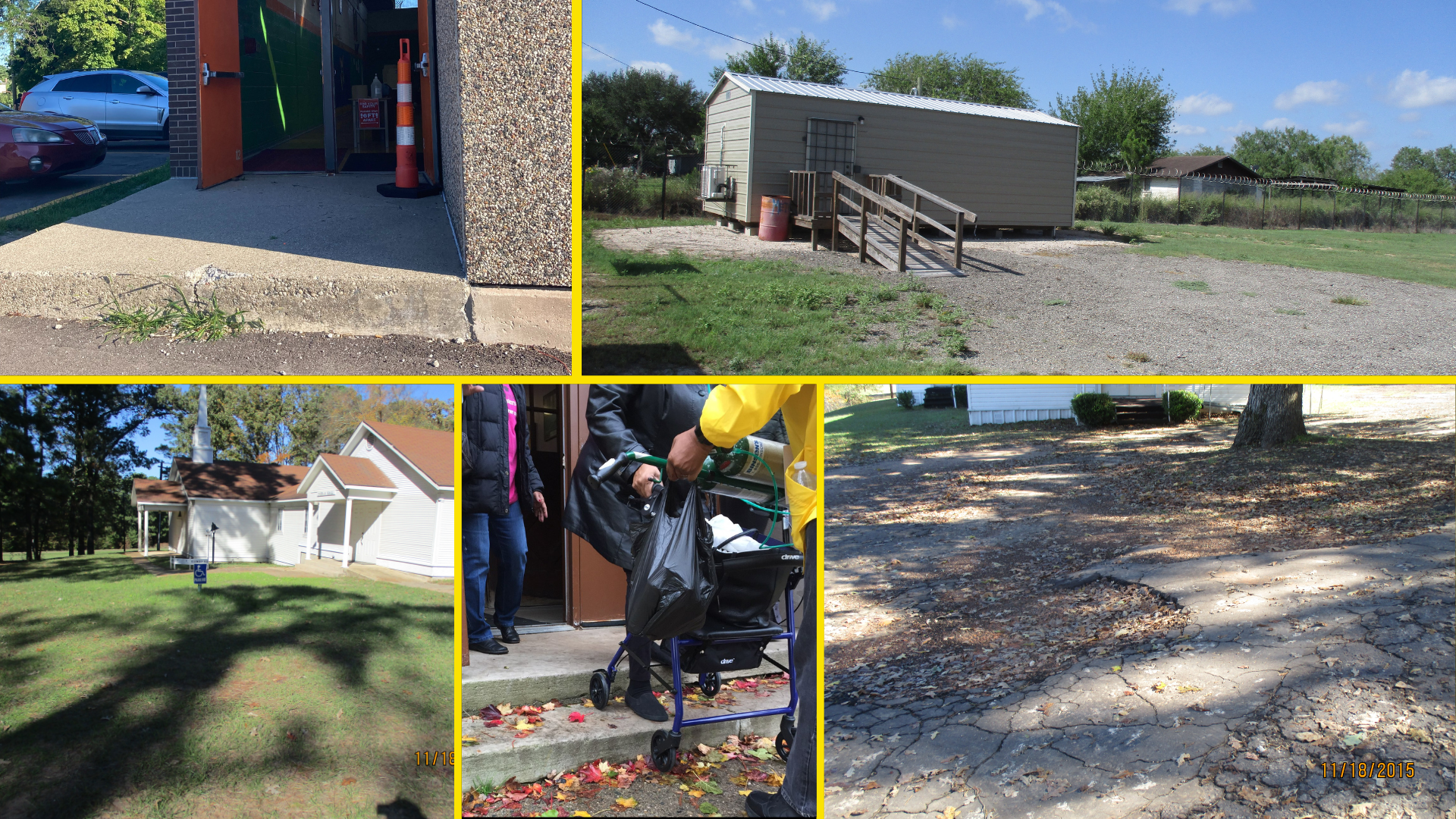
Barriers to the Ballot
Despite legislation like the Americans with Disabilities Act, barriers at the polls still hinder — and often prevent — people with disabilities from voting. New restrictive laws in some states, such as criminalizing assistance with voting, exacerbate these issues. Advocacy groups continue to fight for improved accessibility and increased voter turnout among disabled individuals, emphasizing the need for multiple voting options to accommodate diverse needs. ““Of course, we want to vote,” says Claire Stanley with the American Council of the Blind, “but if you can’t, you can’t.”
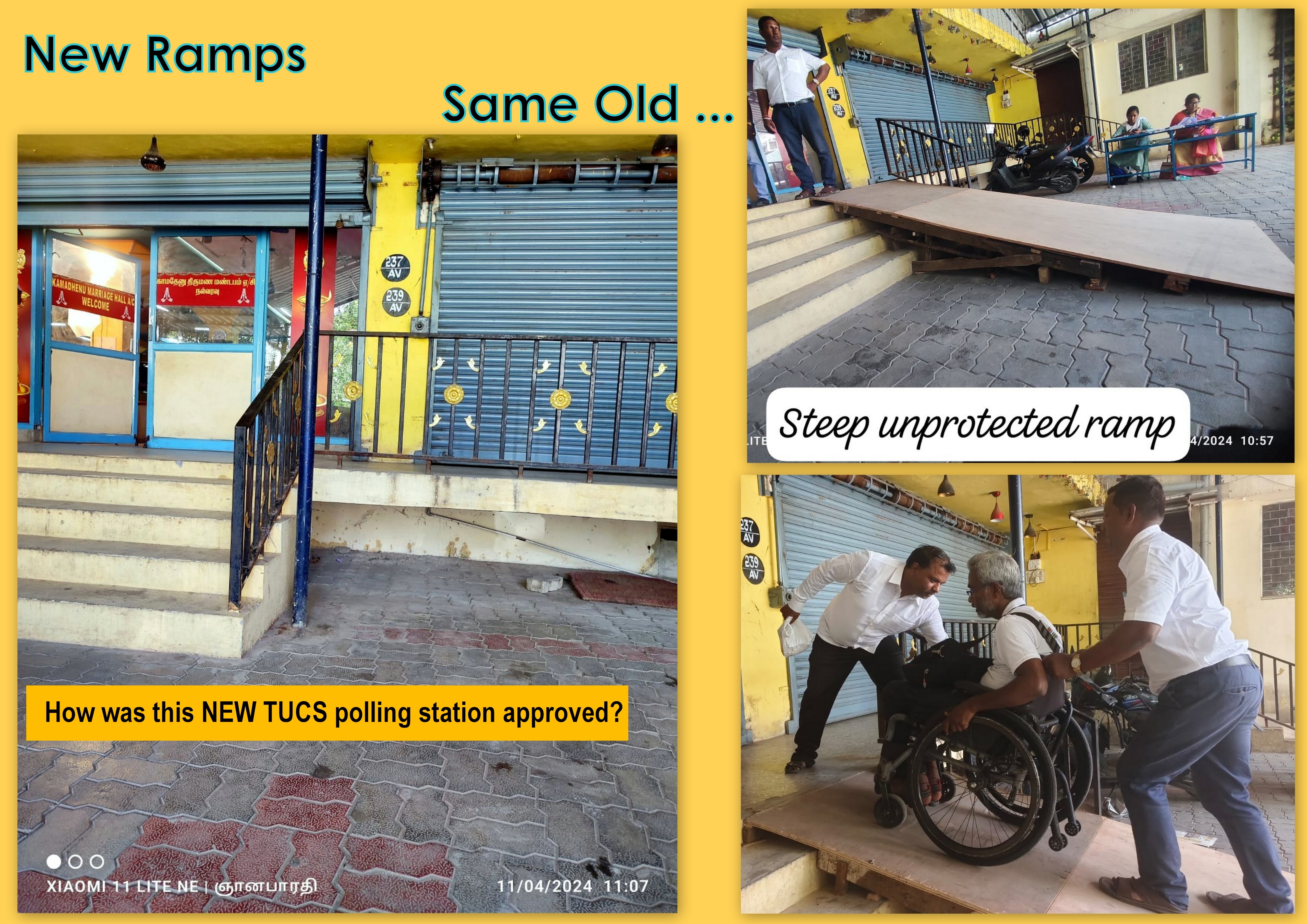
Democracy Denied
In 2024, a record number of voters worldwide will head to the polls, but many disabled individuals still face significant barriers. In India, inaccessible electronic voting machines and polling stations hinder the ability of disabled voters to cast their ballots independently. Despite legal protections and efforts to improve accessibility, systemic issues continue to prevent many from fully participating in the world’s largest democracy. “All across India, the perception of having made a place accessible,” says Vaishnavi Jayakumar of Disability Rights Alliance, “is to put a decent ramp at the entrance and some form of quasi-accessible toilet.”
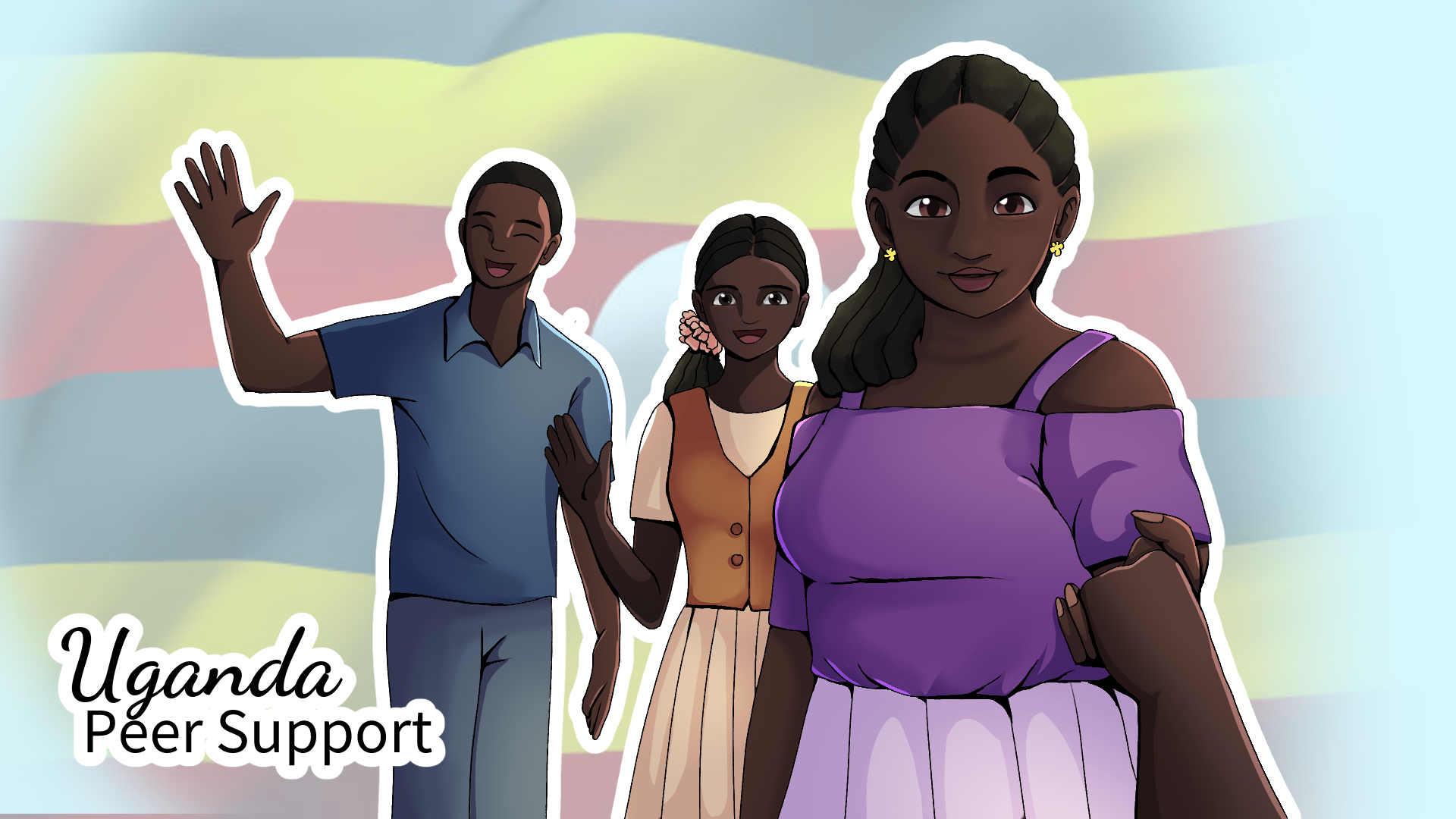
Triumph Over Despair
DJP Fellow Esther Suubi shares her journey of finding purpose in supporting others with psychosocial disabilities. She explores the transformative power of peer support and her evolution to becoming an advocate for mental health. “Whenever I see people back on their feet and thriving, they encourage me to continue supporting others so that I don’t leave anyone behind,” she says. “It is a process that is sometimes challenging, but it also helps me to learn, unlearn, and relearn new ways that I can support someone – and myself.”
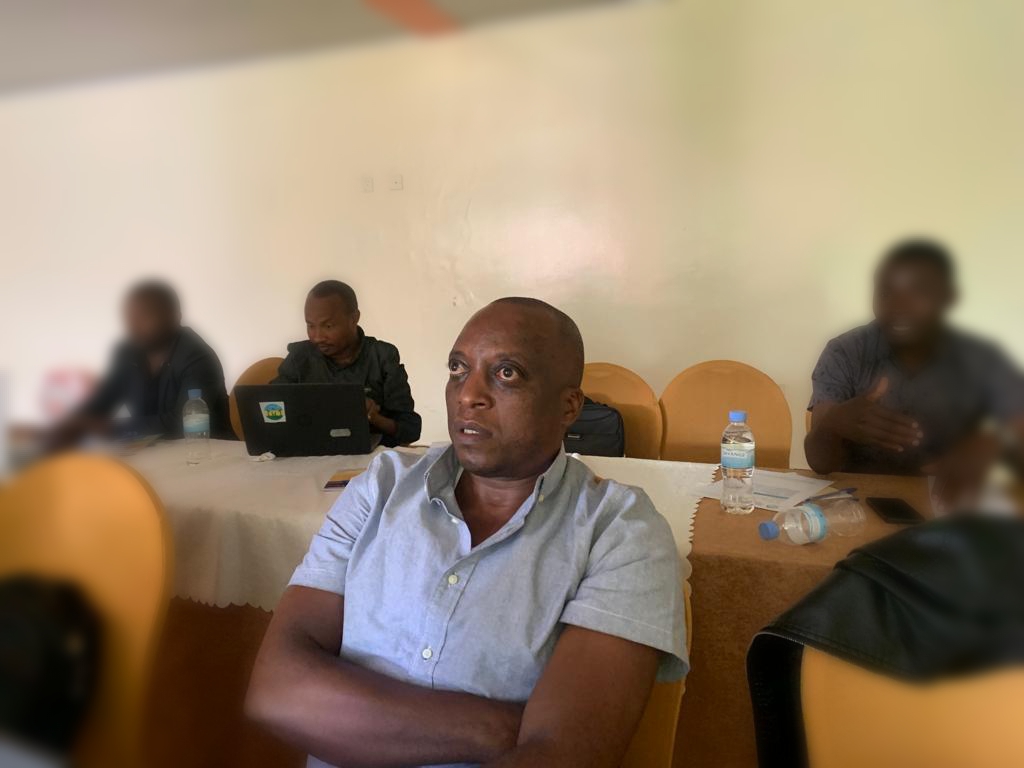
‘Our Vote Matters’
As Rwanda prepares for its presidential elections, voices like Daniel Mushimiyimana’s have a powerful message: every vote counts, including those of citizens with disabilities. Despite legal frameworks like the UN Convention on the Rights of Persons with Disabilities, challenges persist in translating these into practical, accessible voting experiences for over 446,453 Rwandans with disabilities. To cast a vote, blind people need to take a sighted relative to read the ballot. An electoral committee member must be present, violating the blind person’s voting privacy. “We want that to change in these coming elections,” says Mushimiyimana.
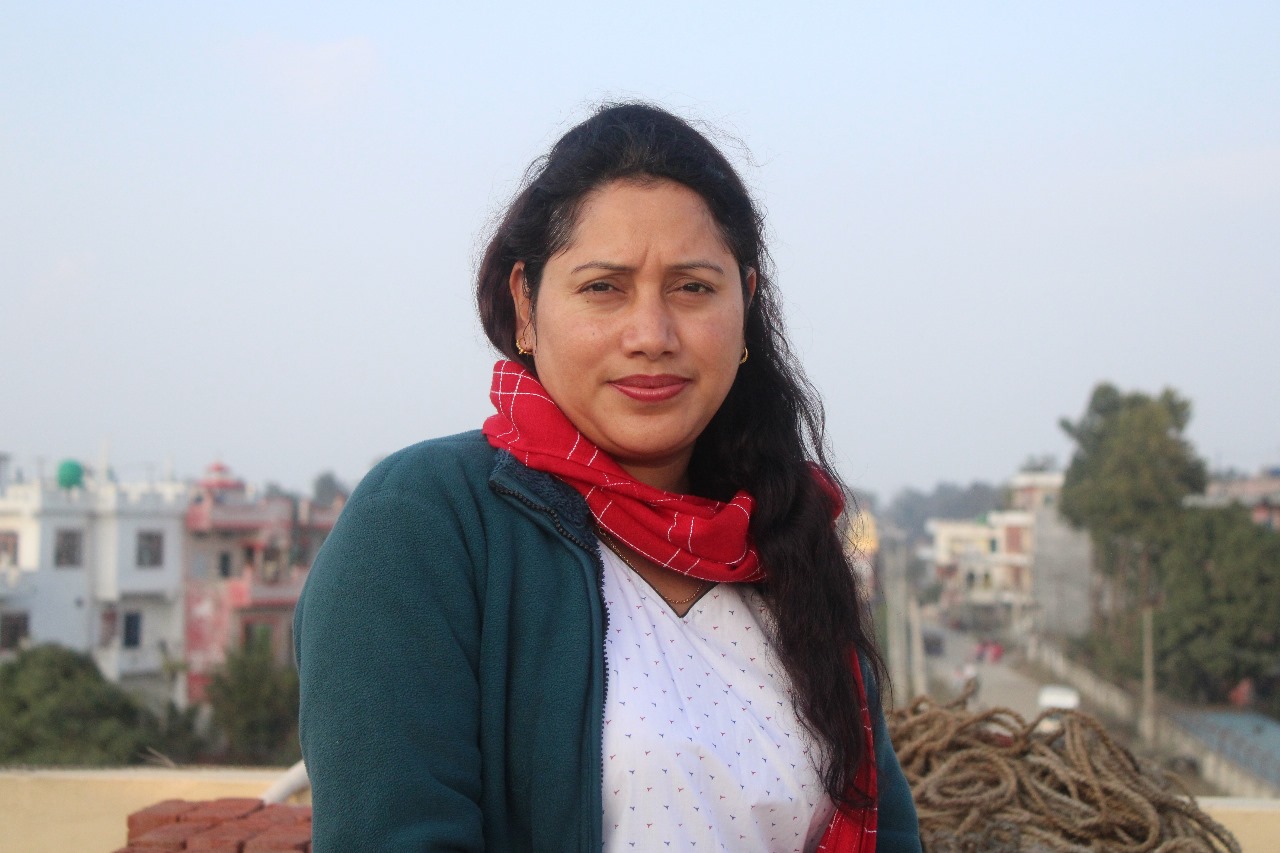
Voices Unsilenced
Often dismissed as a personal concern, mental health is a societal issue, according to Srijana KC, who works as a psychosocial counselor for the Nepali organization KOSHISH. KC’s own history includes a seizure disorder, which resulted in mental health challenges. She faced prejudice in both educational settings and the workplace, which pushed her towards becoming a street vendor to afford her medications. Now with KOSHISH, she coordinates peer support gatherings in different parts of Nepal. “It is crucial to instill hope in society, recognizing that individuals with psychosocial disabilities can significantly contribute,” she says.